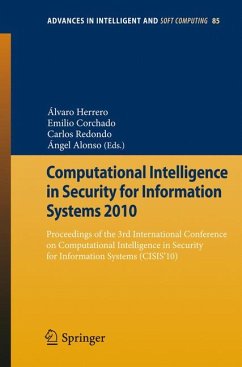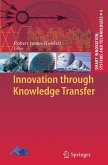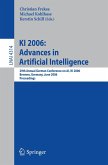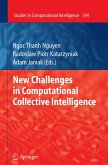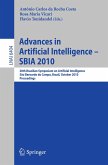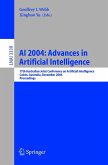Since it origin, the main aim of CISIS conferences has been to establish a broad and interdisciplinary forum for Computational Intelligence and Associated Learning Paradigms, which are playing increasingly important roles in a large number of application areas related to Security in Information Systems.
CISIS'10 provided a broad and interdisciplinary forum to present the most recent developments in several very active scientific areas such as Machine Learning, Infrastructure Protection, Intelligent Methods in Energy and Transportation, Network Security, Biometry, Cryptography, High-performance and Grid Computing, and Industrial Perspective among others. The global purpose of the CISIS series of conferences has been to form a broad and interdisciplinary meeting ground offering the opportunity to interact with the leading research team and industries actively involved in the critical area of security, and have a picture of the current solutions adopted in practical domains.
Dieser Download kann aus rechtlichen Gründen nur mit Rechnungsadresse in A, B, BG, CY, CZ, D, DK, EW, E, FIN, F, GR, HR, H, IRL, I, LT, L, LR, M, NL, PL, P, R, S, SLO, SK ausgeliefert werden.

